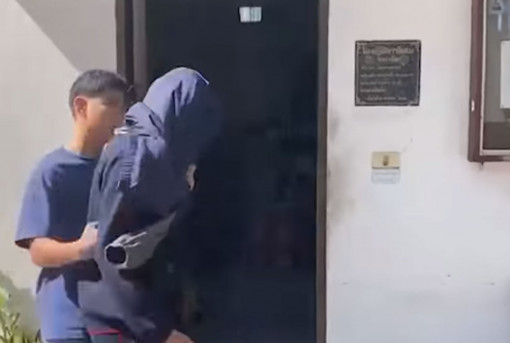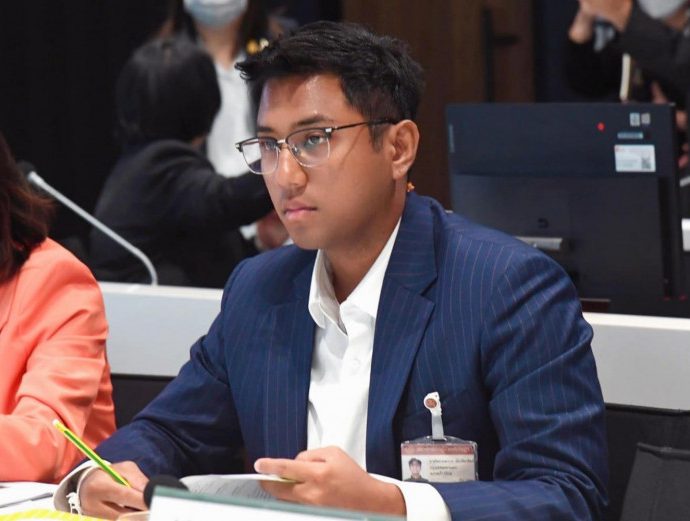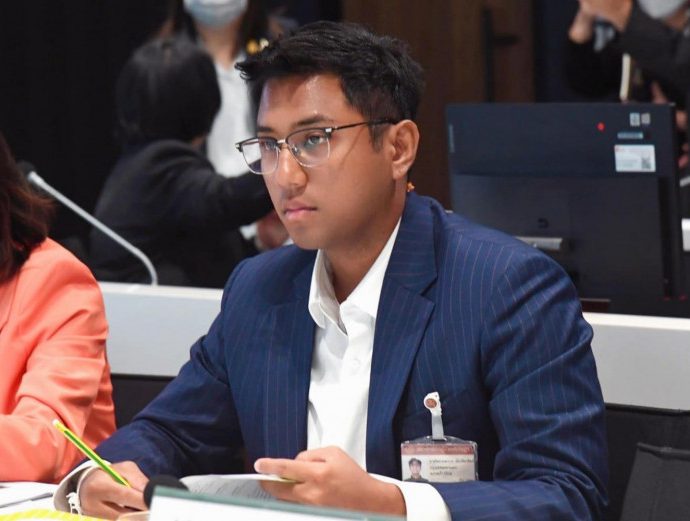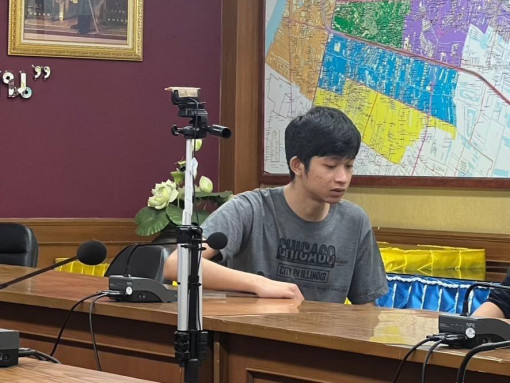Former insurance broker âleaked nearly 1m accountsâ
Prominent figures including top TV news anchor among those exposed
PUBLISHED : 18 Nov 2023 at 16:42

A former insurance salesman has been arrested on charges of illegally selling the data of some 2,000 clients as part of a case involving about 1 million individuals.
Authorities from the Cyber Crime Investigation Bureau (CCIB) on Saturday executed a warrant issued on Thursday to arrest a 45-year-old man identified only as Weeratas at a house on Ratchaphruek Road in Bangkok.
His arrest stemmed from a previous operation in which officers seized data from an estimated 1 million insurance clients. Investigators found that Mr Weeratas had made multiple sales of private information, illegally exchanging 2,000 pieces of data for 1,000 baht per sale with criminal gangs.
Police said the suspect admitted to his actions, explaining that he began the sales following the coronavirus pandemic and was making about 100,000 baht a month.
According to the suspect, due to his previous position as a supervisor in an insurance firm, he had access to a network that could supply him with the information.
Among the individuals found to have had their data exposed was the renowned news broadcaster and journalist Sorrayuth Suthassanachinda. However, police noted that some of the leaked information was inaccurate.
Mr Weeratas realised that authorities were pursuing him after other members of his network were caught. He attempted to evade arrest by closing his social media accounts and switching vehicles as well as residences.
The suspect has been charged with disclosing private information and accessing secure systems and will be processed under the law.


















